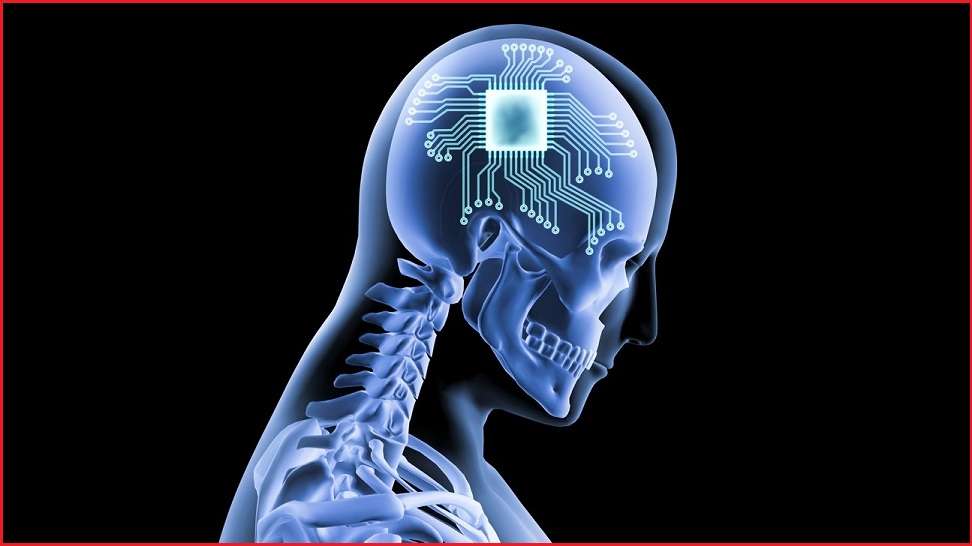Successful Brain Implantation and Recovery
Elon Musk announced the successful implantation of the first human through Neuralink, marking a significant step towards the company’s goal of connecting the human brain to computers. The individual is reportedly recovering well.
The PRIME Study for Quadriplegia
Neuralink is currently conducting The PRIME Study, focusing on empowering individuals with quadriplegia to control external devices using their thoughts. This trial demonstrates the potential of brain-computer interface (BCI) technology in enhancing the lives of those with physical disabilities.

Diverse Applications of BCI Technology
Experts, including Xing Chen and Anne Vanhoestenberghe, emphasise the versatile applications of BCI technology. It has proven successful in enabling paralysed patients to control robotic arms, move cursors, and play video games through mind control.
Mood Regulation and Mental Health Potential
Elon Musk envisions Neuralink aiding in mood and hormone regulation. Researchers, such as Xing Chen, suggest potential applications for individuals with conditions like OCD or treatment-resistant depression. Ongoing research explores addressing mental and cognitive processes linked with obesity.
Risks Associated with Implants
Receiving a brain implant involves inherent risks, including typical surgical risks like excessive bleeding or infection. Unique risks include brain simulation triggering epileptiform activity, a precursor for epilepsy. Long-term risks involve ensuring the implant’s continued functionality, with the body potentially attempting to reject it.
Limited Widespread Adoption
Despite the futuristic premise, experts caution that widespread adoption of brain implants is not imminent. The technology primarily targets individuals with severe impairments, and the associated risks make it a choice likely to be made by those with incurable medical conditions benefiting from the treatment.

Potential for Mind-Controlled Technology
Neuralink’s technology aims to interpret neural activity, allowing individuals to operate computers or smartphones by merely thinking about moving without requiring physical movement or wires. The company’s first product, called Telepathy, reflects this goal.
Caution on Privacy Concerns
While the technology holds promise, experts emphasise the importance of addressing privacy concerns. Speculation about reading minds or offloading memories to external devices is deemed unlikely soon, and ethical considerations need to be thoroughly examined as technology advances.
Source Link: Neuralink’s First-in-Human Clinical Trial is Open for Recruitment



























Add Comment